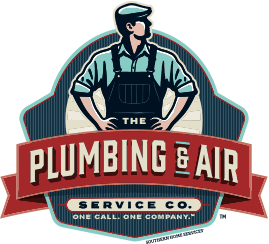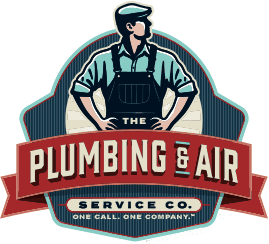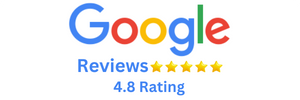Your home provides you with shelter and warmth when winter settles in, but have you ever really wondered what the optimal temperature should be? Here is a hint: the weather outside has something to do with how you should set your thermostat inside. It’s all about creating a comfortable environment without wasting money unnecessarily on heating costs.
So before you crank the thermostat up or down, here are a few things to investigate.
If the Weather Outside is Lower than 55° F Set the Indoor Heating Temp to 68° F
When the thermometer dips below 55 °F, you’ll need to rely on your furnace to kick into high gear in order to provide optimum comfort. Some people prefer their room temperature to be as high as 72 °F, but that generally isn’t necessary to be comfortable.
If you still find it a bit chilly, use the fireplace, put on a sweater or leave your ceiling fan running. These are all easy, low-cost ways to get warmer.
If the Weather Outside is Warmer than 55° F You Can Set the Air Conditioner to 76° F
On the flipside, when it warms up beyond 55° F, it’s time to adjust the air conditioner accordingly. You probably won’t have to deal with high temps in the wintertime, but be mindful of the temperature. Although your home is well insulated, heat will still transfer through the walls, and some cool air will seep out.
If you turn your AC too low, you run the risk of actually freezing your unit.
When Everyone in the Home is Asleep Lower the Thermostat to 62° F if Heater is on
Although your room temperature is usually at about 68° F, there is no reason that you can’t employ a little extra energy savings by turning your thermostat down just a little bit more. What’s cozier than nestling in your bed in flannel jammies with an extra blanket, with a slight chill to the air around you?
To Save Even More on Energy Costs, if the Outdoor Temperature is Above 55° F Turn off the AC and Open the Windows to Cool your Home
To get the most out of your energy savings, you can always switch your AC off altogether if the temperature outside permits. You can take advantage of good old Mother Nature and a nice breeze to cool your home instead.
Make very sure that your unit is switched off before you open the windows though. If not your unit will work double duty, costing you money.
We’ve got all kinds of practical, easy-to-do tips that can help you prevent plumbing and heating problems in your home. Want to learn more? Call (336) 502-8540.


